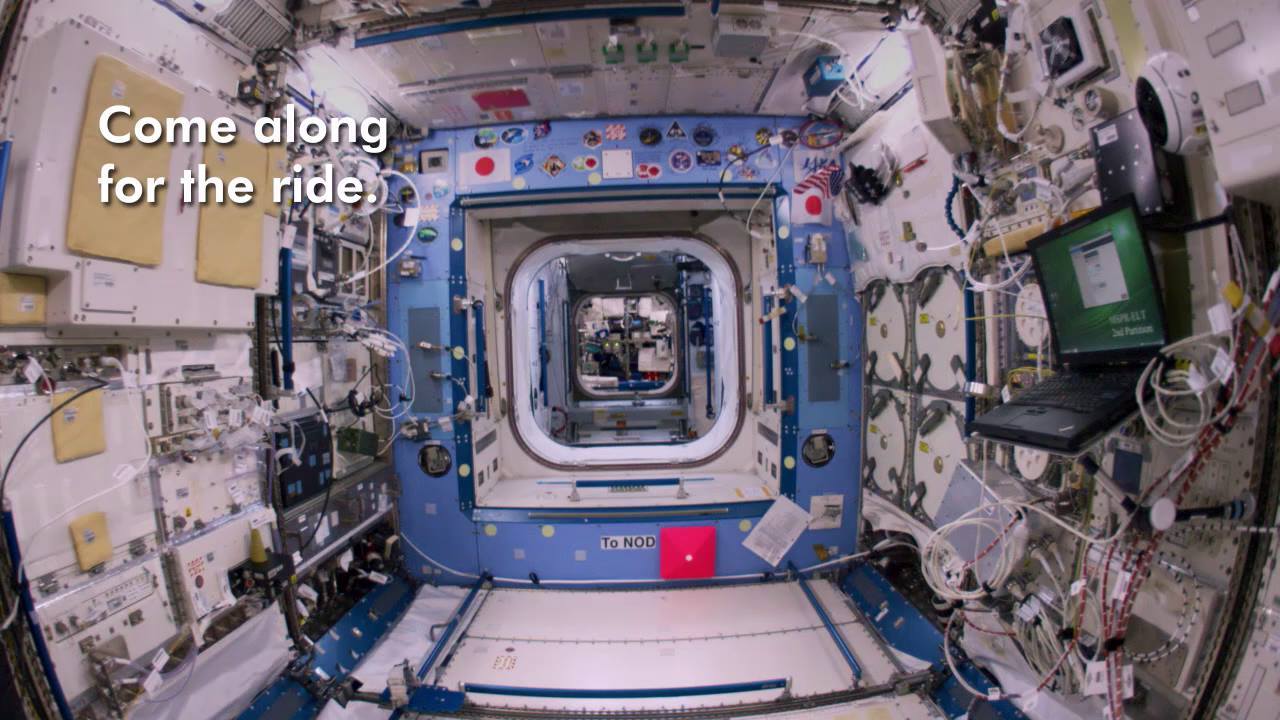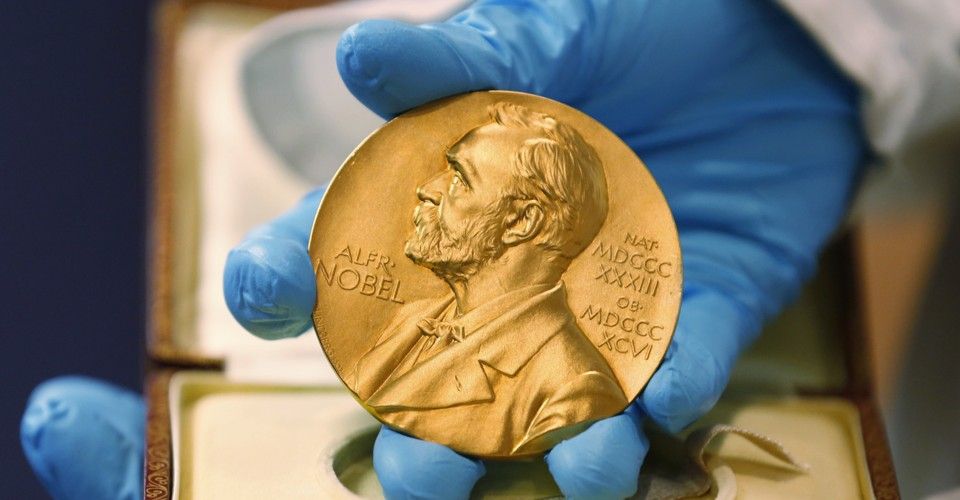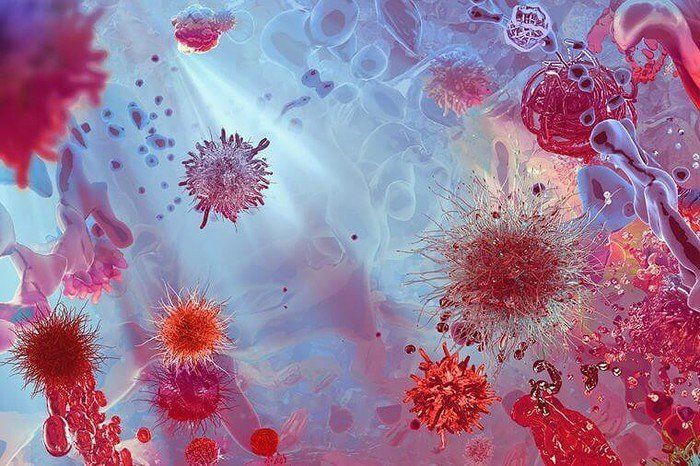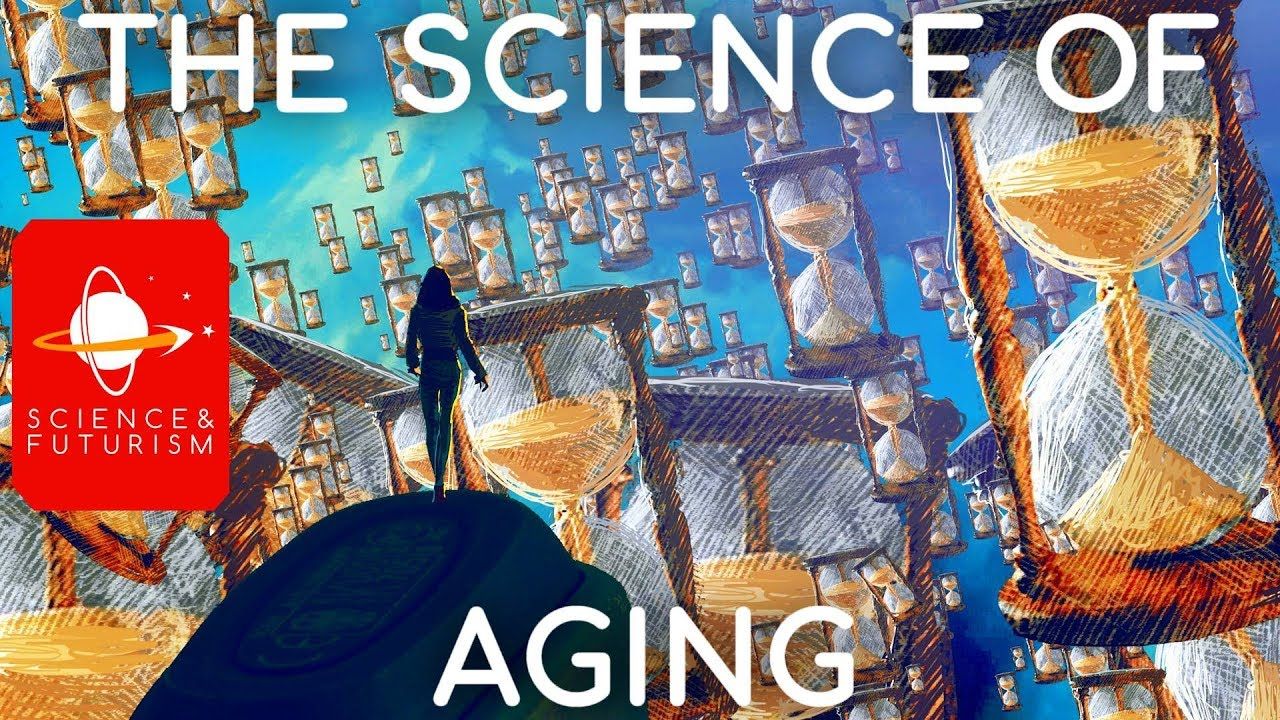Archive for the ‘science’ category: Page 99
Nov 17, 2018
How Can Science Help Reverse Blindness?
Posted by Genevieve Klien in categories: bioengineering, biotech/medical, cyborgs, science, transhumanism
From bionic eyes to gene editing, how can we use science to bring back sight?
- By Everyday Einstein Sabrina Stierwalt on November 17, 2018
Nov 17, 2018
Science Is Getting Less Bang for Its Buck
Posted by Derick Lee in categories: policy, science
Perhaps this lack of response is in part because some scientists see acknowledging diminishing returns as betraying scientists’ collective self-interest. Most scientists strongly favor more research funding. They like to portray science in a positive light, emphasizing benefits and minimizing negatives. While understandable, the evidence is that science has slowed enormously per dollar or hour spent. That evidence demands a large-scale institutional response. It should be a major subject in public policy, and at grant agencies and universities. Better understanding the cause of this phenomenon is important, and identifying ways to reverse it is one of the greatest opportunities to improve our future.
Despite vast increases in the time and money spent on research, progress is barely keeping pace with the past. What went wrong?
Nov 16, 2018
What a massive database of retracted papers reveals about science publishing’s ‘death penalty’
Posted by Derick Lee in categories: law, science
Still, the data trove has enabled Science, working with Retraction Watch, to gain unusual insight into one of scientific publishing’s most consequential but shrouded practices. Our analysis of about 10,500 retracted journal articles shows the number of retractions has continued to grow, but it also challenges some worrying perceptions that continue today. The rise of retractions seems to reflect not so much an epidemic of fraud as a community trying to police itself.
Better editorial oversight, not more flawed papers, might explain a flood of retractions.
Nov 12, 2018
Quantum leap for mass as science redefines the kilogramme
Posted by Saúl Morales Rodriguéz in category: science
Sealed in a vault beneath a duke’s former pleasure palace among the sycamore-streaked forests west of Paris sits an object the size of an apple that determines the weight of the world.
Forged against a backdrop of scientific and political upheaval following the French Revolution, a single, small cylinder of platinum-iridium alloy has laid largely undisturbed for nearly 130 years as the world’s benchmark for what, precisely, is a kilogramme.
The international prototype of the kilogramme, or “Le Grand K” as it is tenderly known, is one of science’s most hallowed relics, an analogue against which all other weights are compared and a totem of the metric system that accompanied the epoch of liberty, equality and fraternity.
Continue reading “Quantum leap for mass as science redefines the kilogramme” »
Nov 8, 2018
How science fared in the midterm elections
Posted by Derick Lee in categories: biotech/medical, engineering, government, science
This year, more candidates with degrees in science, medicine and engineering ran for Congress than ever before. Of the nearly two-dozen new candidates in this crop, at least seven won seats in the House of Representatives.
This year, scientists, doctors and engineers ran for office like never before. Here’s how they did.

The International Space Station is your orbiting laboratory, and the science being conducted there will help us push farther into deep space, while providing benefits back on Earth. Microgravity unlocks new worlds of discovery. Dive into what we’re learning: 🔬🚀.
Nov 4, 2018
“Alien Invasion” −99% of the Microbes Inside the Human Body are Unknown to Science
Posted by Genevieve Klien in categories: biotech/medical, genetics, science
“There was something else, too – something weirder. Of all the non-human DNA fragments the team gathered, 99 percent of them failed to match anything in existing genetic databases the researchers examined. We found a whole new class of human-infecting ones that are closer to the animal class than to the previously known human ones, so quite divergent on the evolutionary scale.”
A landmark Stanford 2017 study indicates that more than 99 percent of the microbes inside us are unknown to science. The survey of DNA fragments circulating in the blood suggests the microbes living within us are vastly more diverse than previously known. In fact, 99 percent of that DNA has never been seen before.
A new survey of DNA fragments circulating in human blood suggests our bodies contain vastly more diverse microbes than anyone previously understood. What’s more, the overwhelming majority of those microbes have never been seen before, let alone classified and named, Stanford researchers reported in the Proceedings of the National Academy of Sciences.
Nov 2, 2018
The explosive science behind fireworks
Posted by Genevieve Klien in categories: chemistry, science
Jump to media player The surprisingly simple science behind the clever chemistry that helps your night go off with a bang.

















